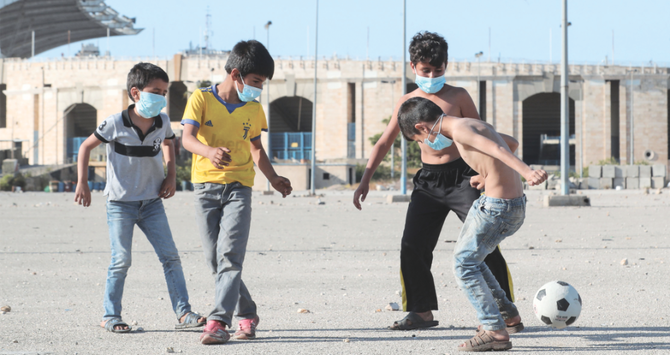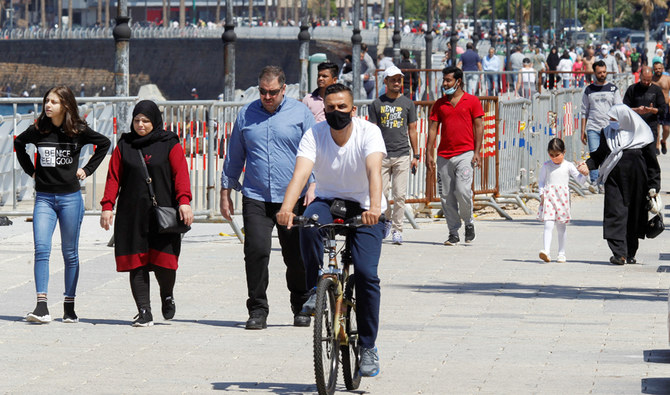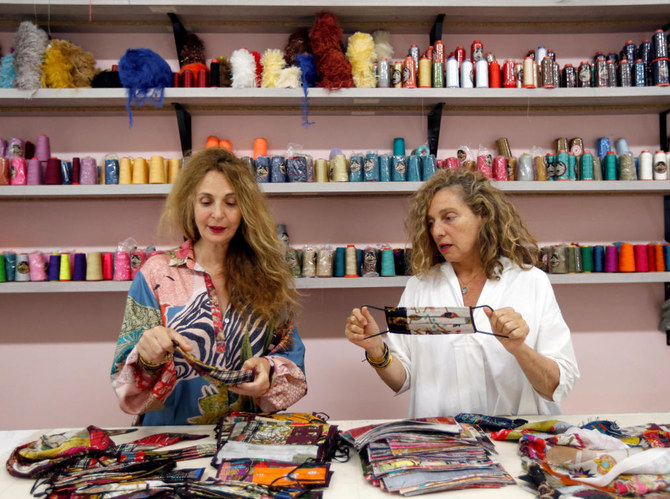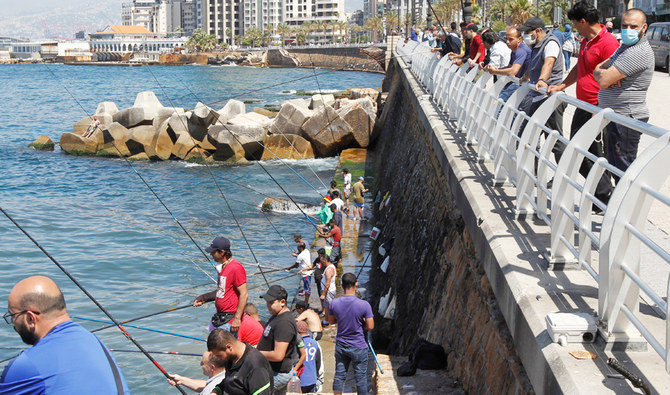
by catholicleader.com.au — Peter Bugden — MARONITE Catholics of Brisbane are appealing for prayers for Lebanon, a nation in crisis. “We would like people to join us in prayers. Really, that’s the main thing that we need,” George Tawk, a Lebanese Catholic from the Maronite parish of St Maroun’s, Greenslopes, said. “Just we need them to join us in prayers for the safety of Lebanon, especially because Lebanon has the biggest Catholic community in the Middle East – next to where Jesus was born, next to the Holy Land. “What we really need, we need support through prayers and through emotional and sentimental support.” Mr Tawk, who is in daily contact with family members in Lebanon, keeps track of the nation’s woes as it suffers under a corrupt government and economic crisis. Nationwide protests erupted last October and continued until the outbreak of the COVID-19 pandemic. “People took to the streets from all religions – Christians, Muslims, Jews – everyone just got up and said that we should get rid of all these people, all these corrupt people, and come back with a new generation (of leaders) …,” Mr Tawk said. “There was two million people in the streets protesting against corruption. “And all these protests kept happening till the coronavirus hit.”
The protests stopped as citizens went into isolation. “But people were worried that during all the isolation, the government could be doing something in secret, especially because the value of our Lebanese lira went dramatically down. “And prices of (everything) including food, went up by three or four times. “So people decided, ‘Well, that’s it, even with the coronavirus, we’re going back onto the streets because we can’t support this anymore’. “It looks like the Lebanese people are really determined to go all the way, whatever the cost is”. Mr Tawk said his family indicated protesting was the people’s last resort. “In Lebanon, there is no other choice,” he said. “Going back is not an option because things can’t get any worse.”











